Afghan peace process: Pakistan releases Mullah Baradar
Sartaj Aziz had earlier said that the former Taliban chief strategist would not be handed over to Afghan authorities.
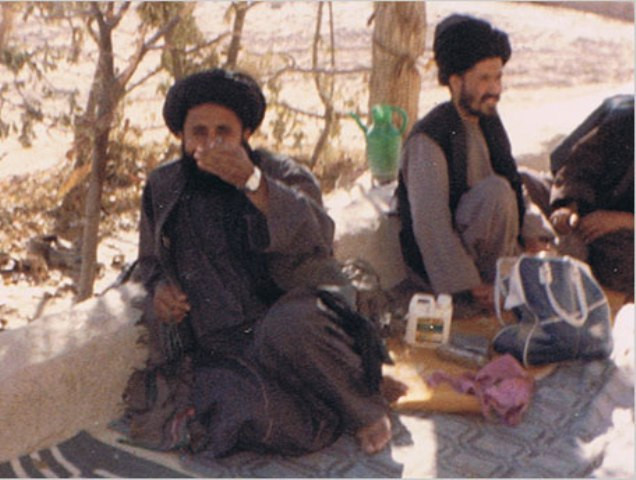
A file photo of Mullah Baradar. PHOTO: NYT/FILE
He will be provided with security and will be given the freedom to meet and communicate with who he wishes.
The Afghan government had long demanded that Islamabad free Baradar, whose arrest in January 2010 saw Pakistan accused of sabotaging initiatives to bring peace in war-torn Afghanistan.
Last week, Prime Minister’s Adviser on National Security and Foreign Affairs Sartaj Aziz had said that the former Taliban chief strategist would not be handed over to Afghan authorities and instead would be released straight into Pakistan.
Afghan President Hamid Karzai was eager to see him out of Pakistani custody. Karzai remained confident Baradar’s release could woo Taliban insurgents to join the peace process.
The Pakistani government started releasing Taliban detainees since November last year and 33 have been freed so far. None of them, however, have joined the peace process yet.
Baradar’s influence has also been debated after his years away from the fight.
Born in the southern Afghan province of Uruzgan, Baradar fought in the war — covertly backed by the United States and Pakistan — to expel Soviet troops from Afghanistan in the 1980s.
When the Taliban rose to power in 1996, Baradar’s friendship with supreme leader Mullah Omar made him deputy defence minister.
After the Taliban government was toppled by the US-led invasion in 2001, hundreds of Taliban hardliners are believed to have fled over the border to Pakistan.
Baradar was arrested in Karachi, reportedly in a secret raid by CIA and Pakistani agents, an operation that was described as a huge blow to the group.
At the time, Baradar was reported to have been Taliban’s second-in command.




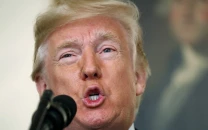
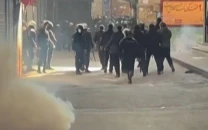
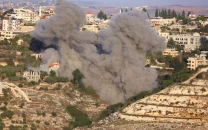





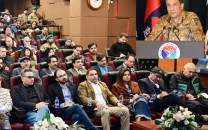






COMMENTS
Comments are moderated and generally will be posted if they are on-topic and not abusive.
For more information, please see our Comments FAQ